An area of Yellowstone National Park has been shut down after a sudden hydrothermal explosion terrified tourists, sending many running to safety.
This explosion was sudden and not anticipated. As a result, it has some worried that this might indicate volcanic activity may appear soon in Yellowstone.
A Hydrothermal Explosion
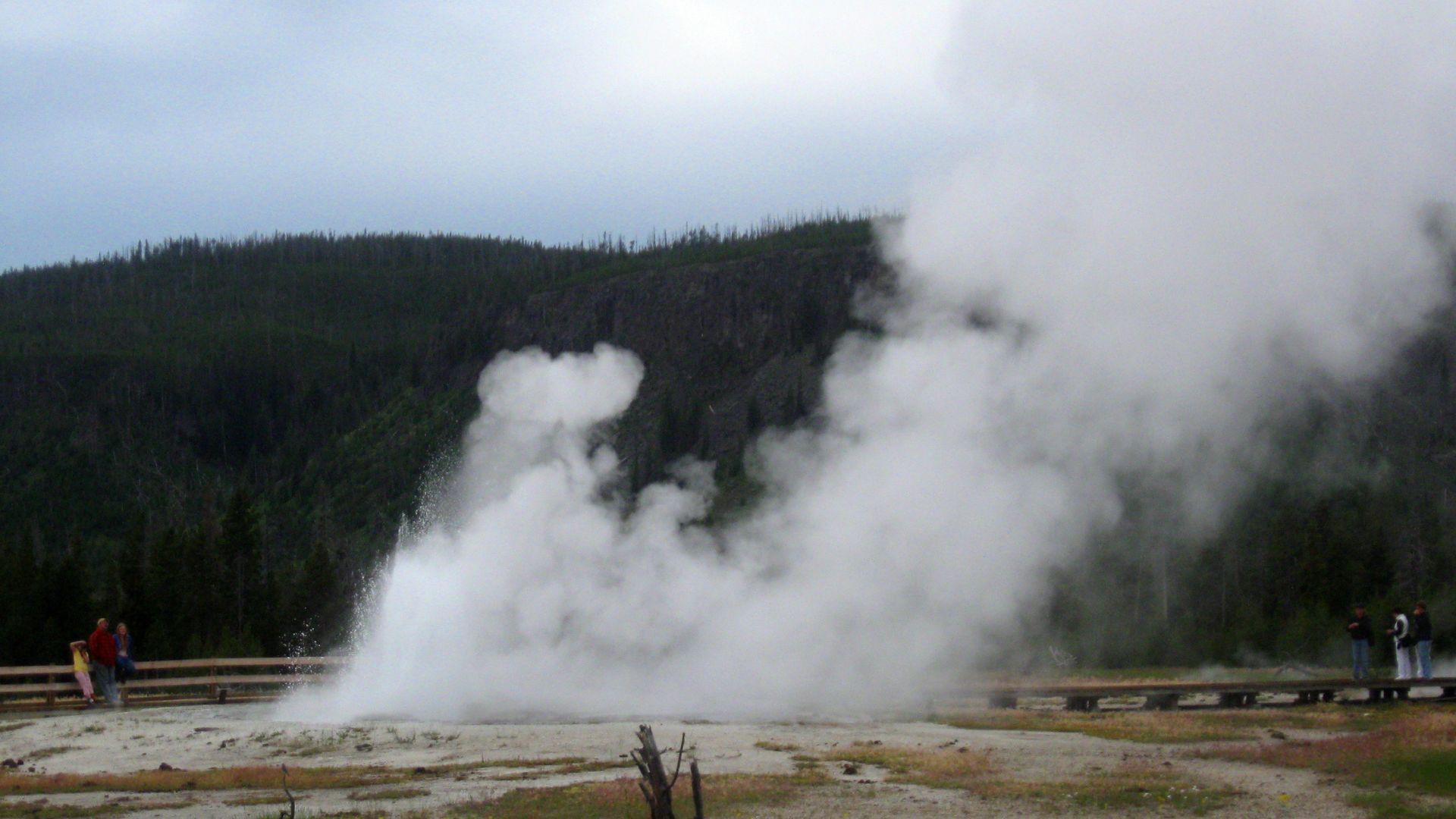
Yellowstone Park officials have explained that a hydrothermal explosion occurred in the Biscuit Basin area of the national park in Wyoming.
As a result, this section of Yellowstone has been closed as officials evaluate the area, as well as study the explosion and why it may have happened.
A Sudden Closure
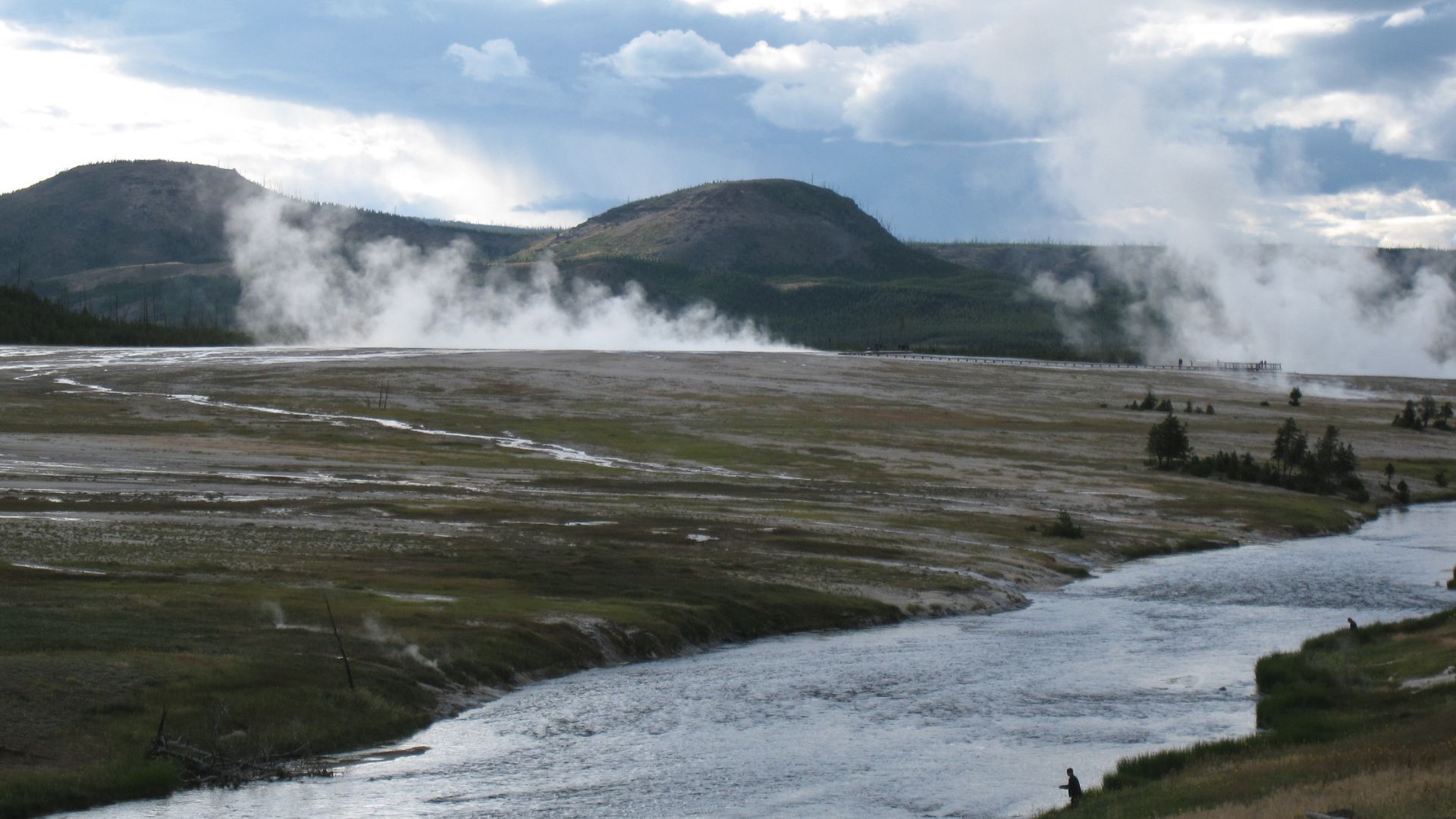
Yellowstone officials made this announcement by sharing photos of the event on X, formerly known as Twitter.
The park posted, “(Heads Up!) Biscuit Basin in Yellowstone National Park temporarily closed due to hydrothermal explosion.”
Damage in Biscuit Basin
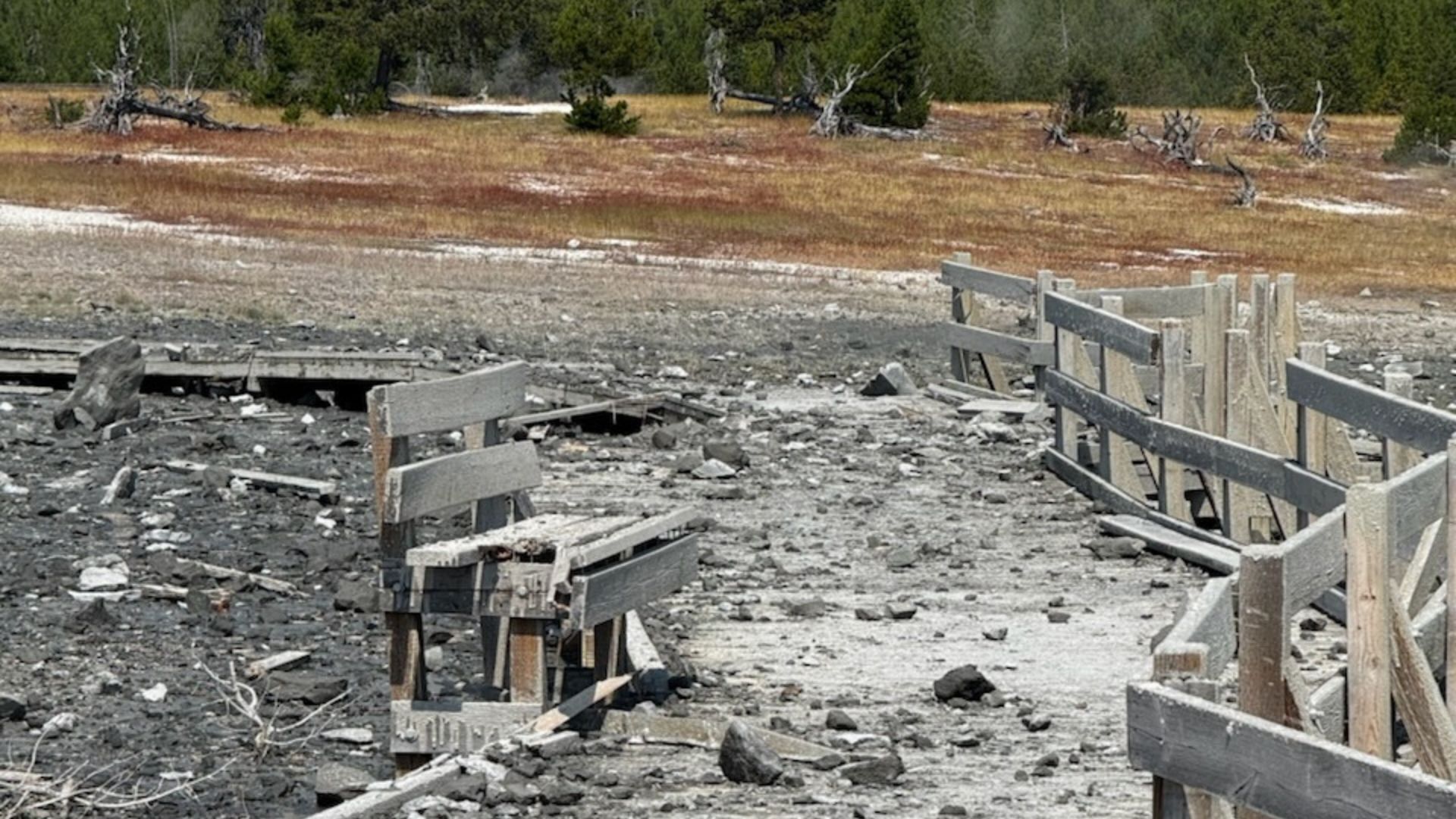
Footage from the event shows many tourists surprised by this sudden hydrothermal explosion. Many of them began to run away from the sudden gust of rock and water, as these incidents can be potentially dangerous.
Photos of the basin after this event show black rock and dust covering the area as park officials walk around to survey potential damage.
What Are Hydrothermal Explosions?

Hydrothermal explosions can be incredibly dangerous events, especially for those in the vicinity of these occurrences.
The U.S. Geological Survey says, “Hydrothermal explosions are violent and dramatic events resulting in the rapid ejection of boiling water, steam, mud, and rock fragments.”
Why Hydrothermal Explosions Happen
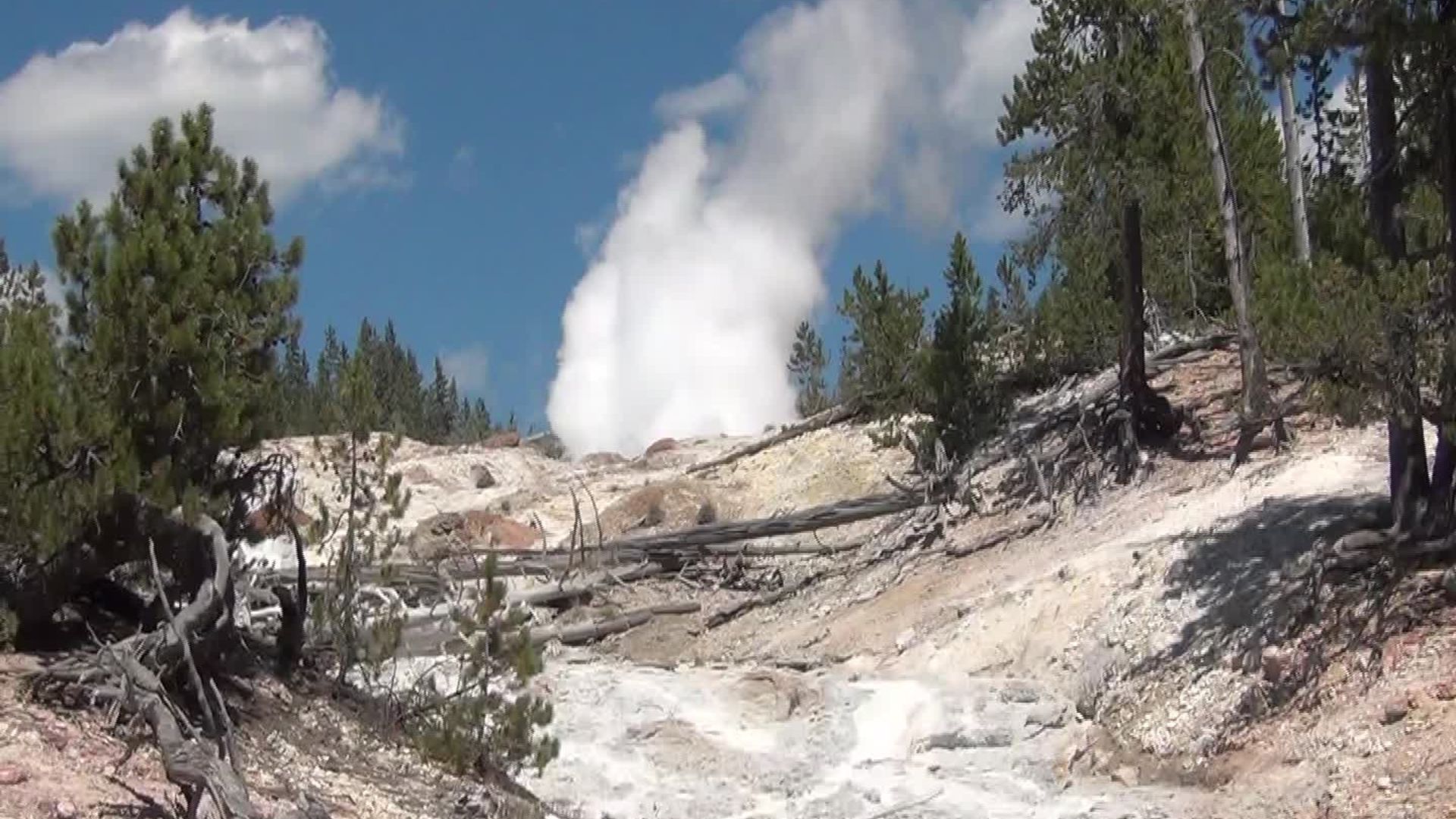
These specific explosions can “occur where shallow interconnected reservoirs of fluids with temperatures at or near the boiling point underlie thermal fields. These fluids can rapidly transition to steam if the pressure suddenly drops.”
The U.S. Geological Survey adds, “Since vapor molecules take up much more space than liquid molecules, the transition to steam results in significant expansion and blows apart surrounding rocks and ejects debris.”
No Injuries Reported
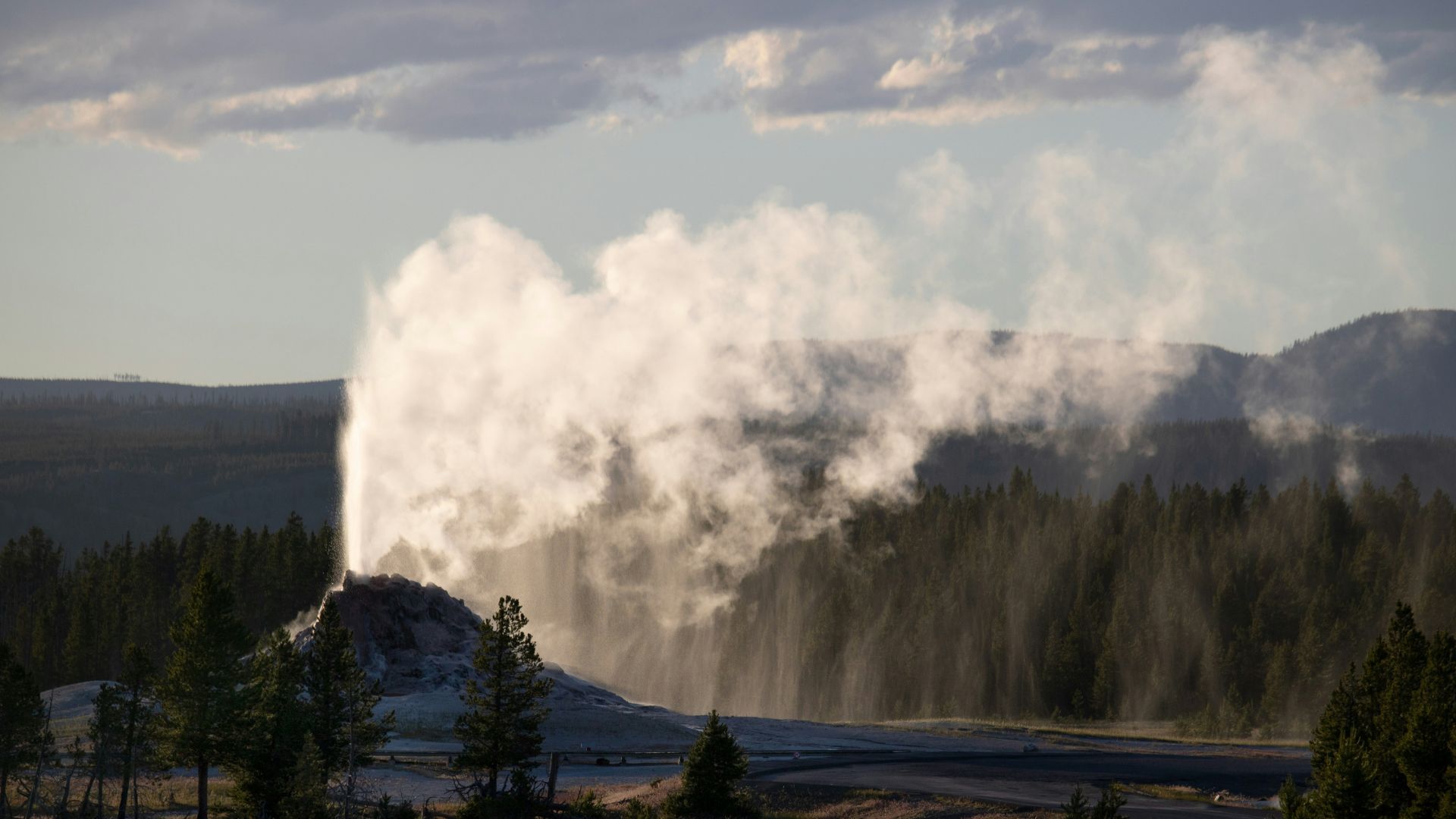
Though many tourists were in the Biscuit Basin when this explosion happened, nobody has been reported as having been injured.
The event occurred around 10 a.m. local time in the basin, which is about 2 miles northwest of the known Old Faithful geyser.
Yellowstone Has Had These Explosions Before
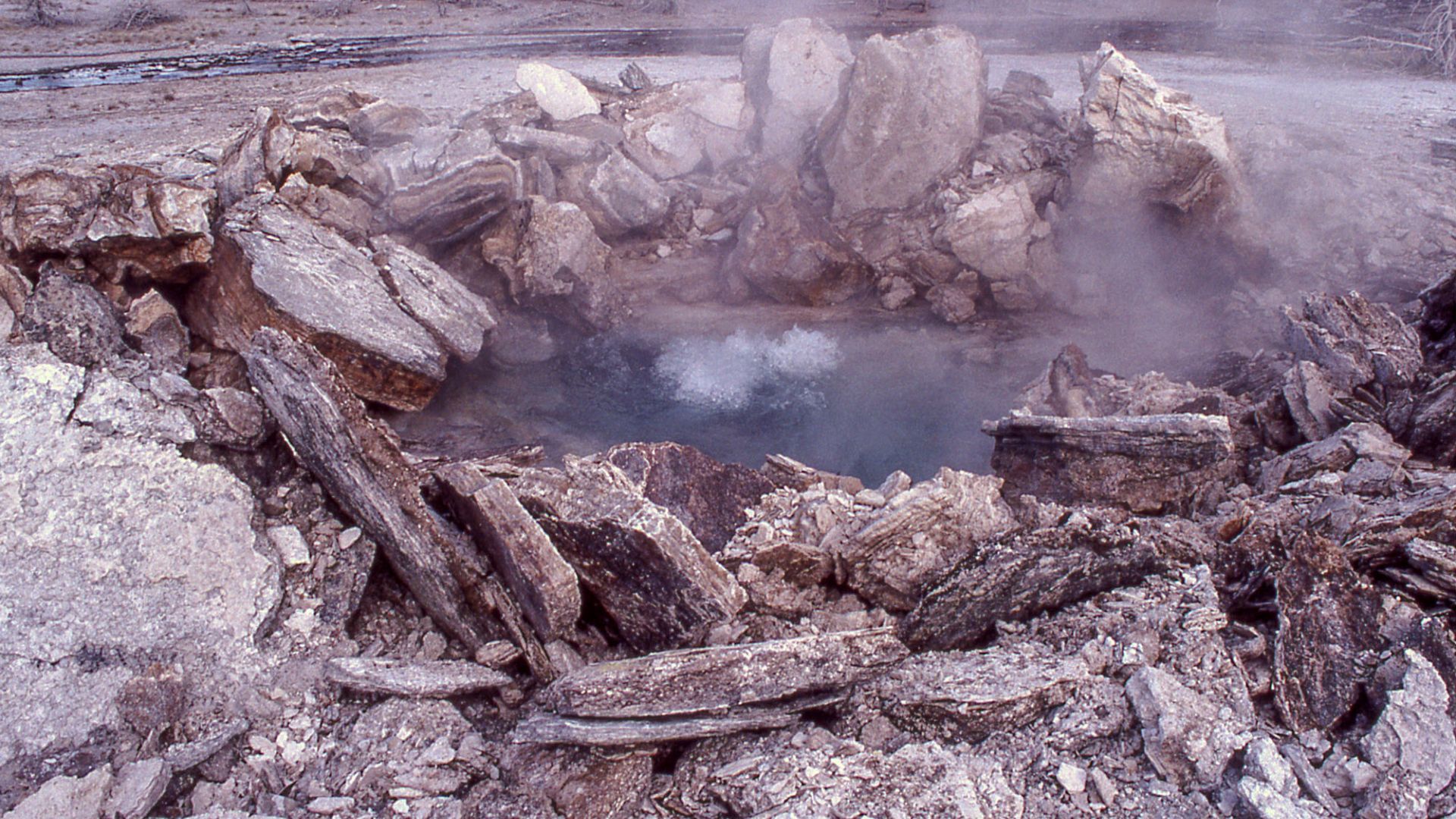
Officials have come out to calm down fears about this explosion, as they’ve explained that they’ve seen these types of explosions before.
In a statement, the park revealed, “Porkchop Geyser, in Norris Geyser Basin, experienced an explosion in 1989, and a small event in Norris Geyser Basin was recorded by monitoring equipment on April 15, 2024.”
Previous Biscuit Basin Events
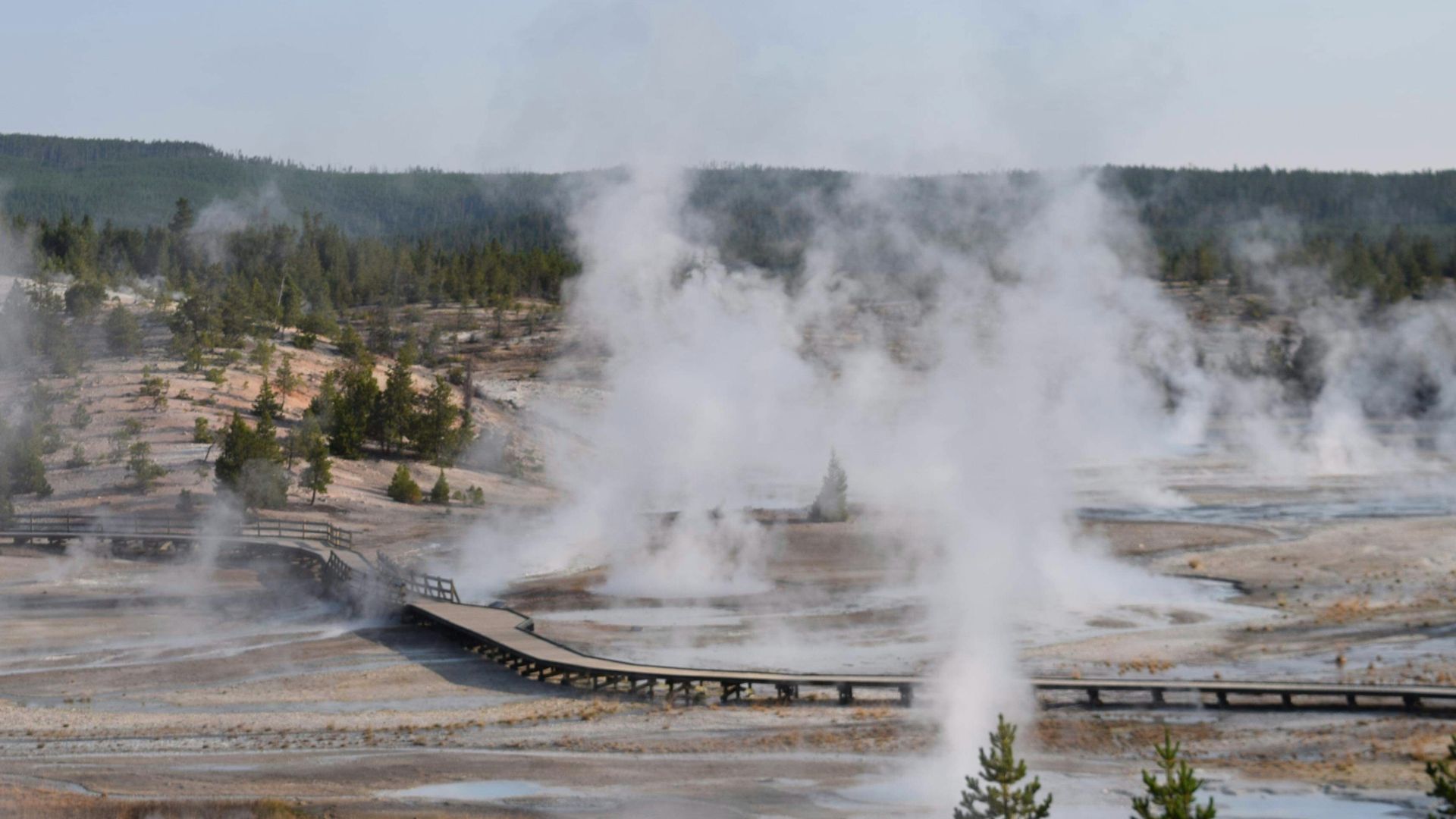
In fact, officials have even explained that this specific basin has even had a hydrothermal explosion in the past, as well.
“An explosion similar to that of today also occurred in Biscuit Basin on May 17, 2009,” the park said.
Possible Large Hydrothermal Explosions
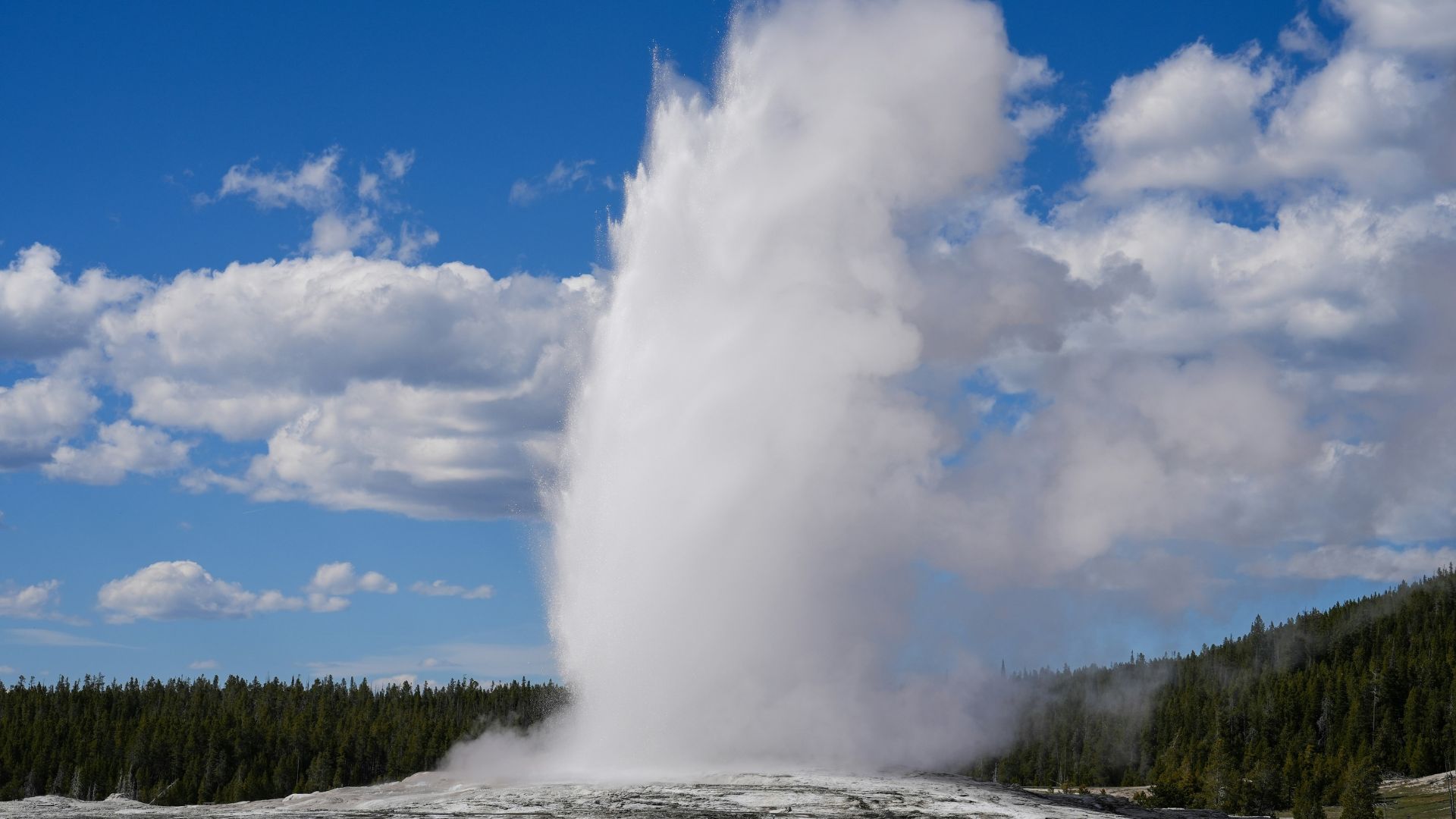
Though this explosion did worry many tourists, officials have stated it isn’t considered a particularly large one.
On average, these large hydrothermal explosions occur about every 700 years.
Future Explosions?
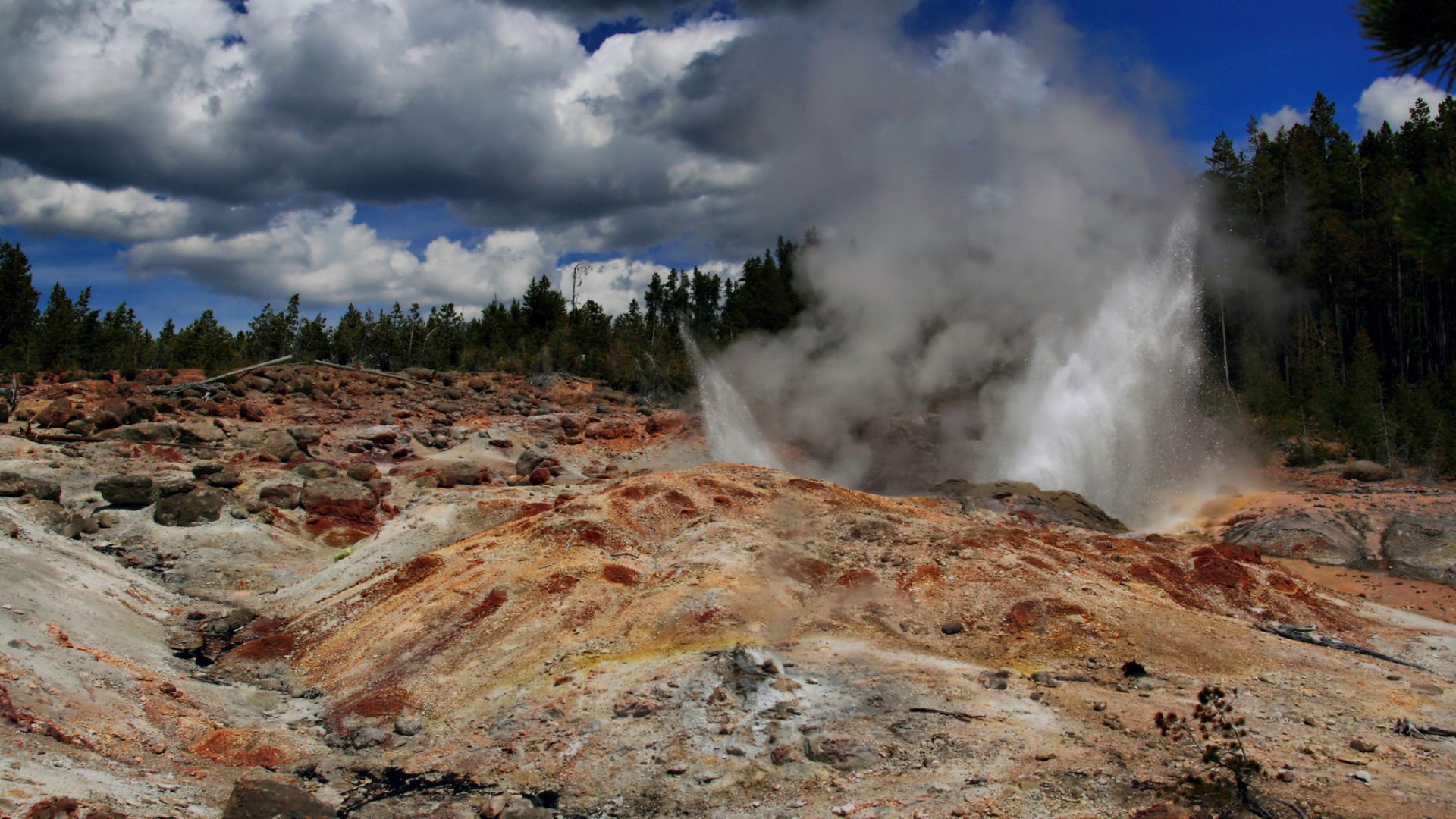
The park has explained that these potential future events are rare, but they can occur.
Officials stated, “Although large hydrothermal explosions are rare events on a human time scale, the potential for additional future events of the sort in Yellowstone National Park is not insignificant. Based on the occurrence of large hydrothermal explosion events over the past 16,000 years, an explosion large enough to create a 100-(meter)- (328-ft-) wide crater might be expected every few hundred years.”
Volcanic Activity
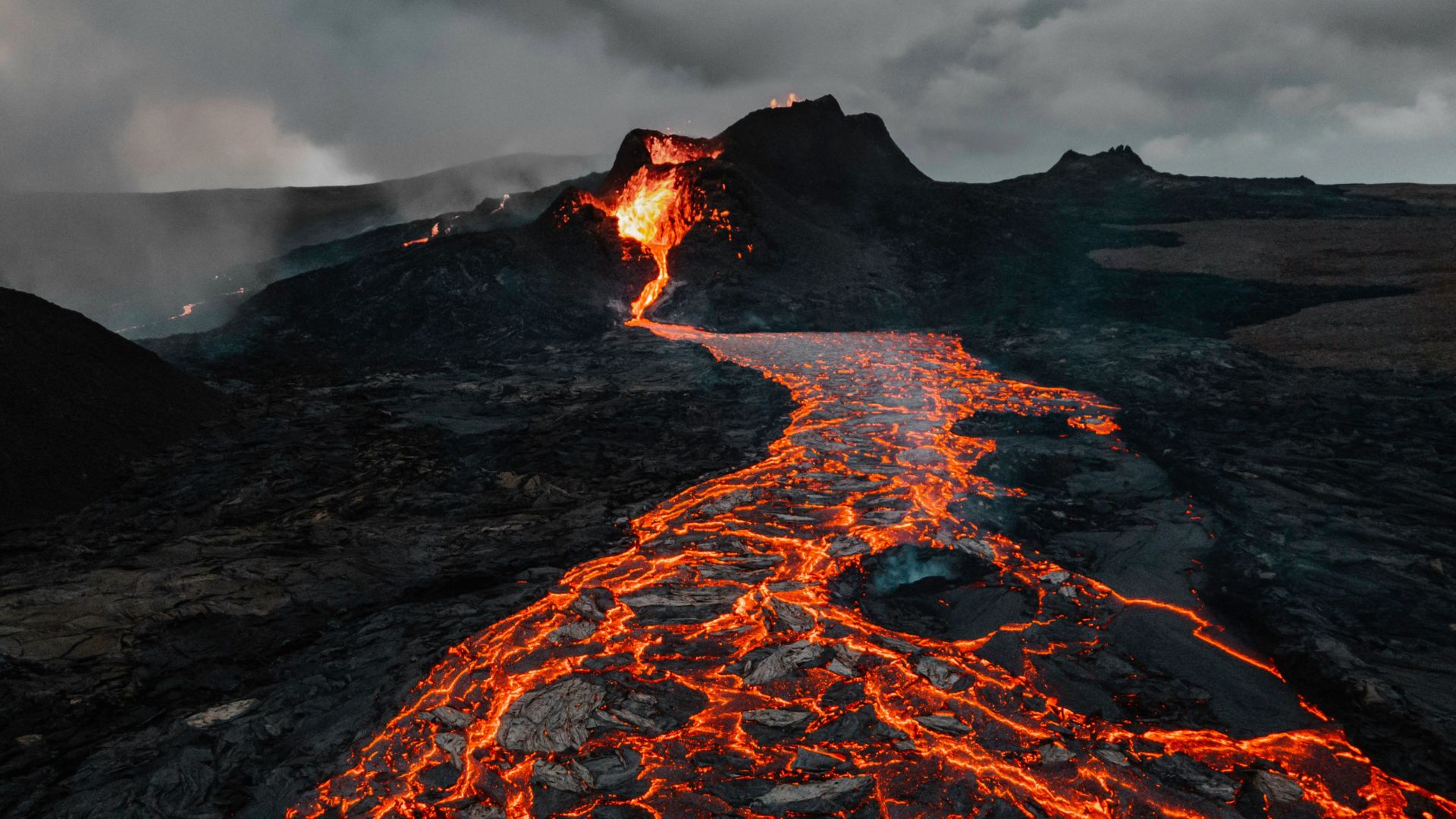
Officials have also worked to ensure tourists and the public that there is no indication that there will be any type of volcanic eruption, even after this hydrothermal explosion.
“Monitoring data show no changes in the Yellowstone region. Today’s explosion does not reflect activity within (the) volcanic system, which remains at normal background levels of activity. Hydrothermal explosions like that of today are not a sign of impending volcanic eruptions, and they are not caused by magma rising towards the surface,” the park clarified.
